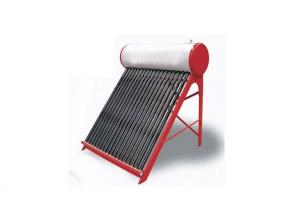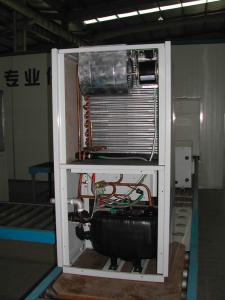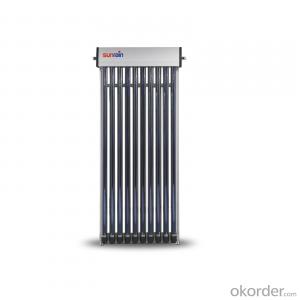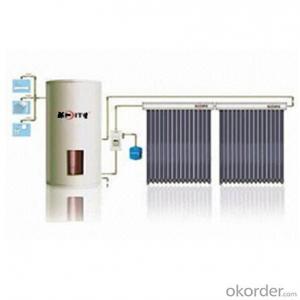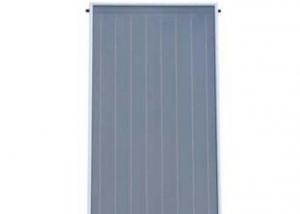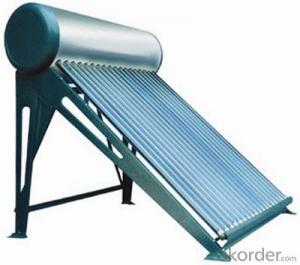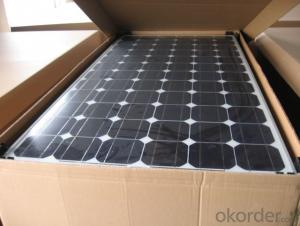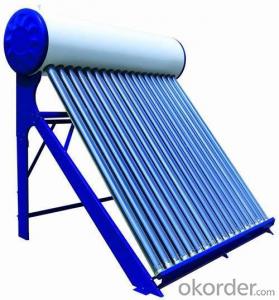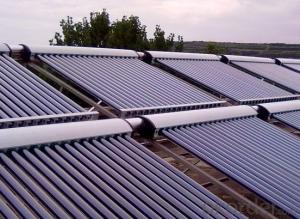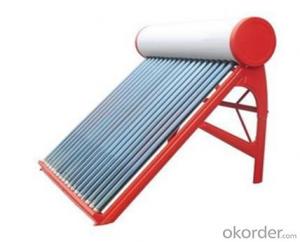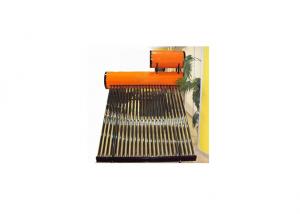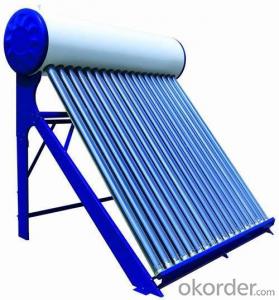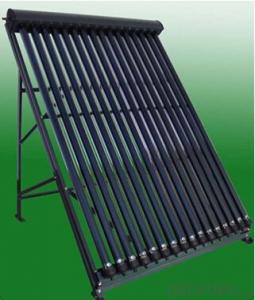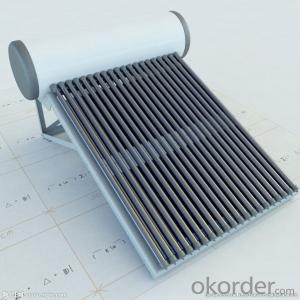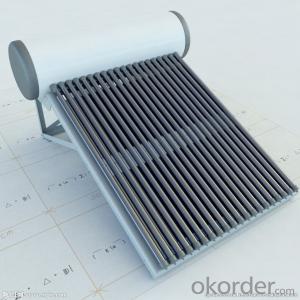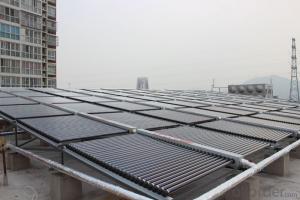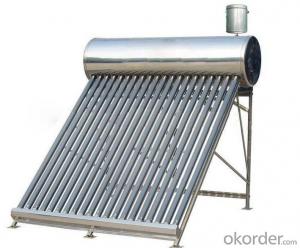All Categories
- - Steel Wire Rod
- - Steel Coils
- - Steel Profiles
- - Steel Pipes
- - Stainless Steel
- - Tinplate
- - Special Steel
- - Steel Sheets
- - Steel Rebars
- - Steel Strips
- - Hot Rolled Steel
- - Cold Rolled Steel
- - Pre-painted Steel
- - Seamless Steel Pipe
- - Welded Steel Pipe
- - Hollow Steel Tubes
- - Galvanized Pipe
- - Stainless Steel Coil
- - Stainless Steel Sheet
- - Stainless Steel Plate
- - Stainless Steel Strips
- - Electrolytic Tinplate Coil
- - Electrolytic Tinplate Sheet
- - Stainless Steel Rebars
- - Solar Panels
- - Solar Water Heater
- - Solar Related Products
- - Solar Inverter
- - Solar Cells
- - Solar Light
- - Solar Energy Systems
- - Solar Controllers
- - Solar Mounting System
- - Solar Pump
- - Solar Chargers
- - Fiberglass Chopped Strand
- - Fiberglass Mesh Cloth
- - Composite Pipes
- - FRP Pultrusion Profiles
- - Fiberglass Mat Tissue
- - Fiberglass Fabrics
- - Fiberglass Mesh
- - Composite Tank
- - Fiberglass Mesh tape
- - Polymer
- - FRP Roofing Panel
- - Fiberglass Roving
- - Monolithic Refractories
- - Ceramic Fiber Products
- - Refractory Bricks
- - Raw Materials For Refractory
- - Suspended Platform
- - Cranes
- - Concrete Machinery
- - Earthmoving Machinery
- - Building Hoist
- - Road Building Machinery
- - Plastic Pipe Fittings
- - Plastic Tubes
- - Plastic Sheets
- - Agricultural Plastic Products
- - Plastic Nets
 All Categories
All Categories
Q & A
Can a solar water heater be used in areas with limited access to maintenance tools and equipment?
Yes, a solar water heater can be used in areas with limited access to maintenance tools and equipment. Solar water heaters are relatively simple systems that require minimal maintenance. As long as the initial installation is done correctly and the system is properly sized, it can operate efficiently with little need for maintenance. Regular cleaning of the solar panels and periodic checks on the system's components can be carried out using basic tools that are readily available.
What are the key design considerations for a solar water heater installation?
The key design considerations for a solar water heater installation include the location and orientation of the system, the size of the collector surface area, the storage capacity of the water tank, and the type of heat transfer fluid used. Additionally, factors such as local climate, shading, and available sunlight should be taken into account to optimize the efficiency and effectiveness of the solar water heater.
How does the heat transfer fluid affect the performance of a solar water heater?
The heat transfer fluid plays a crucial role in the performance of a solar water heater. It is responsible for absorbing heat from the solar collectors and transferring it to the water in the storage tank. The choice of heat transfer fluid can significantly impact the efficiency and overall performance of the system.
An ideal heat transfer fluid should have high thermal conductivity, low viscosity, and a high boiling point to effectively absorb and transfer heat. It should also have good stability and compatibility with the materials used in the solar water heater system. Commonly used heat transfer fluids include water, antifreeze solutions, and synthetic oils.
If the heat transfer fluid has low thermal conductivity or high viscosity, it may hinder the efficient transfer of heat, resulting in decreased performance of the solar water heater. On the other hand, a fluid with high thermal conductivity and low viscosity can enhance heat transfer and improve the overall efficiency of the system.
Additionally, the choice of heat transfer fluid can also impact the freezing and boiling points of the system. In colder climates, using an antifreeze solution as the heat transfer fluid is necessary to prevent freezing, while in hotter climates, selecting a fluid with a higher boiling point can prevent vaporization and system failure.
Therefore, selecting the appropriate heat transfer fluid is essential for ensuring optimal performance, energy efficiency, and durability of a solar water heater.
Wholesale Solar Water Heater from supplier in Papua New Guinea
By choosing our Solar Water Heaters, you are not only investing in high-quality and reliable products, but you are also contributing to a sustainable and eco-friendly energy solution. Solar energy is abundant in Papua New Guinea, and harnessing this renewable resource can significantly reduce your carbon footprint and energy costs.
Additionally, our Solar Water Heaters are designed to withstand the harsh climate conditions of Papua New Guinea, ensuring long-lasting performance and minimal maintenance. With our expertise and support, you can confidently integrate solar water heating systems into your projects, whether it be for residential, commercial, or industrial applications.
We are committed to providing excellent customer service and support throughout your journey with us. Our knowledgeable team is always ready to assist you with any inquiries, technical issues, or after-sales services. We value your satisfaction and strive to exceed your expectations in every aspect.
Make the switch to solar energy and experience the benefits of our Solar Water Heaters in Papua New Guinea. Contact us today to learn more about our products and services and start your journey towards a greener and more sustainable future.
Additionally, our Solar Water Heaters are designed to withstand the harsh climate conditions of Papua New Guinea, ensuring long-lasting performance and minimal maintenance. With our expertise and support, you can confidently integrate solar water heating systems into your projects, whether it be for residential, commercial, or industrial applications.
We are committed to providing excellent customer service and support throughout your journey with us. Our knowledgeable team is always ready to assist you with any inquiries, technical issues, or after-sales services. We value your satisfaction and strive to exceed your expectations in every aspect.
Make the switch to solar energy and experience the benefits of our Solar Water Heaters in Papua New Guinea. Contact us today to learn more about our products and services and start your journey towards a greener and more sustainable future.
